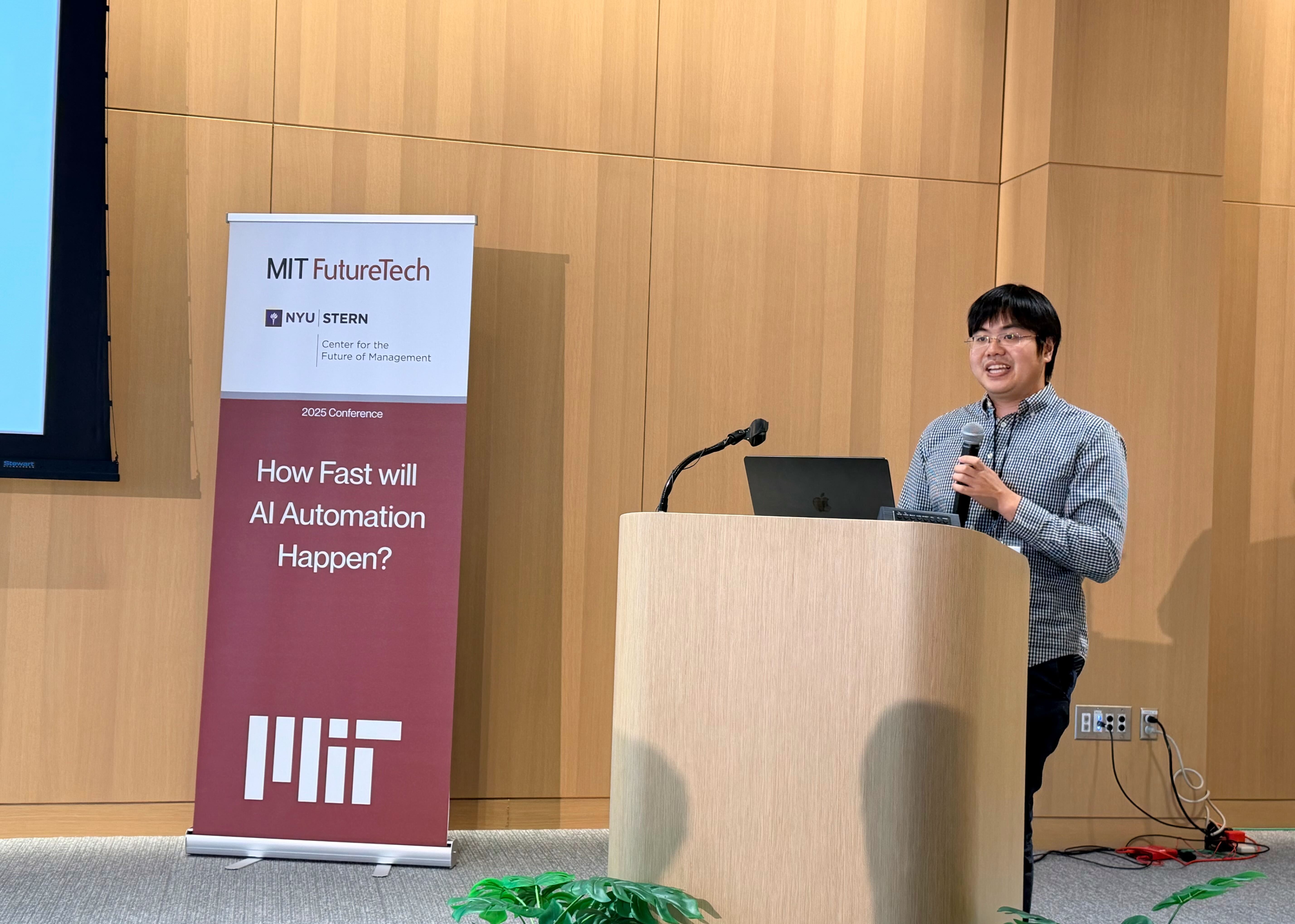
“I am nervous because, in just a few years, artificial intelligence will be smarter and more efficient than humans.”
That’s what Audrey, a high school student from New York (with, apparently, quite short timelines), wrote in to the New York Times in February. She went on:
“Employers in the future will be more likely to choose robots that work full time, don’t take lunch breaks, are almost always right, and don’t need to be paid, over humans who need to be paid, require breaks, complain, and sometimes make errors in their work. I am fearful that by the time I go to college and am ready to start a real job, there will be nowhere for me to work [...] I need to do my research and go into a field that is not vulnerable to automation.”
Meanwhile Robert, a student at West Chicago High School, is more sanguine:
“In the past, major advancements like the Industrial Revolution or the rise of computers disrupted employment, yet new opportunities followed. While some jobs will vanish due to AI, this shift will likely create new roles and industries. The real challenge isn’t avoiding change — it’s adapting to it like we always have.”
Similar conversations are ripping through schools, board rooms, research labs, and government offices around the world. Will AI automation happen quickly or slowly? What forces will govern the transition? Will AI augment or displace human labor? And what will the consequences be: for the economy, for scientific progress, and for Audrey and Robert?
Audrey, perceptively, cited the importance of research. At the MIT FutureTech conference in October, entitled How Fast Will AI Automation Happen?, we brought together some of the leading figures studying AI development, the economics of AI, and AI applications to discuss these topics. This post highlights a selection of ideas presenters raised. It’s not a full summary of each talk, just connections we found interesting. We’ve loosely organized the post around three themes:
We’ll take these in turn...
Read the full Substack post...